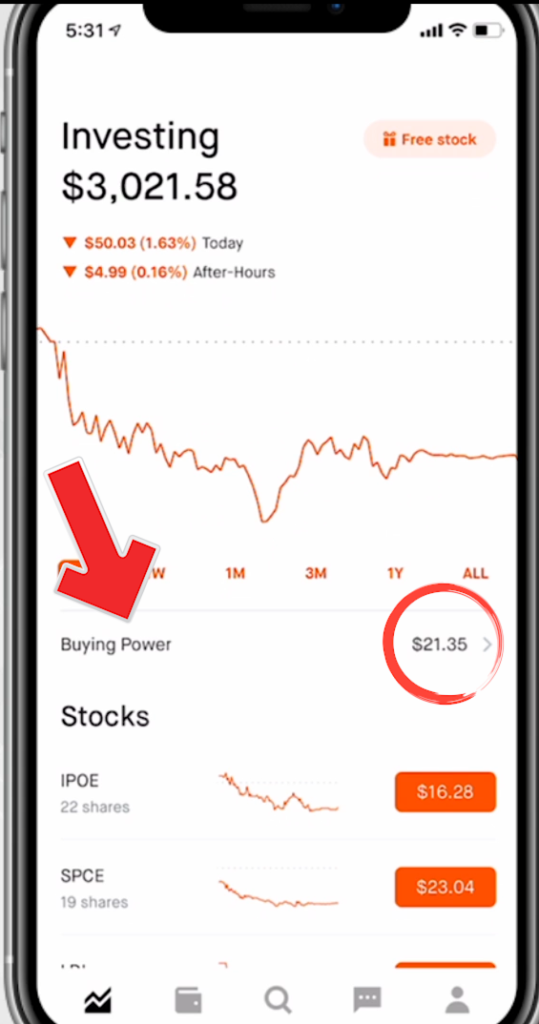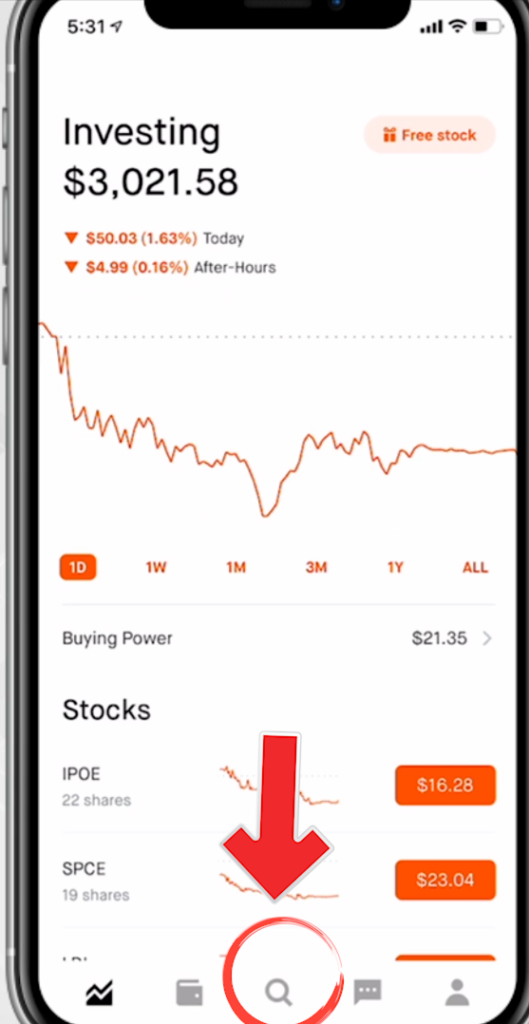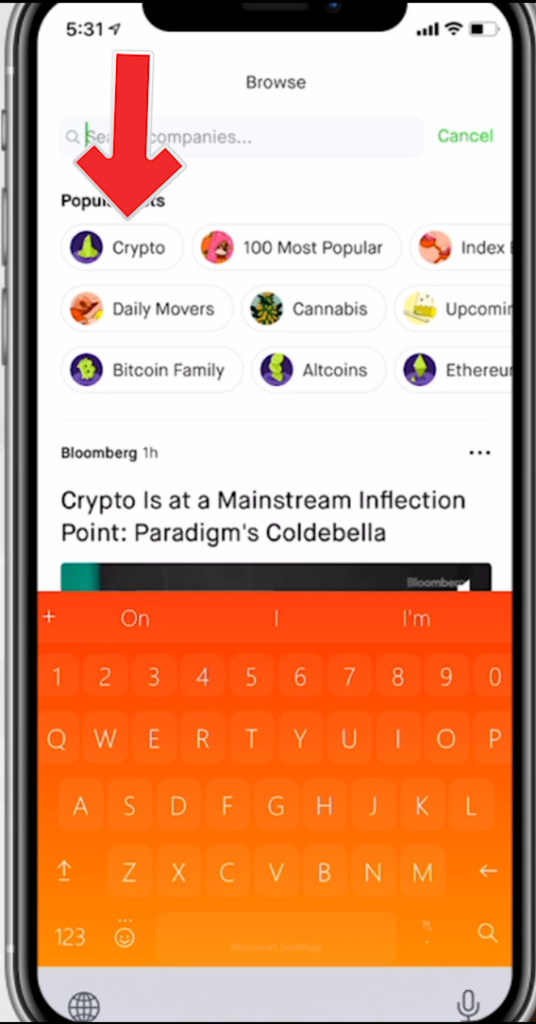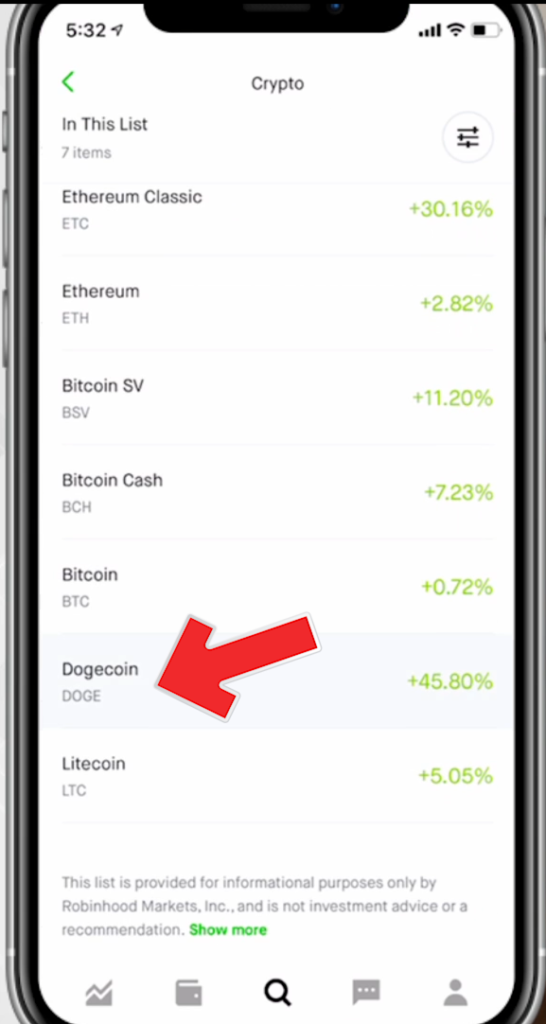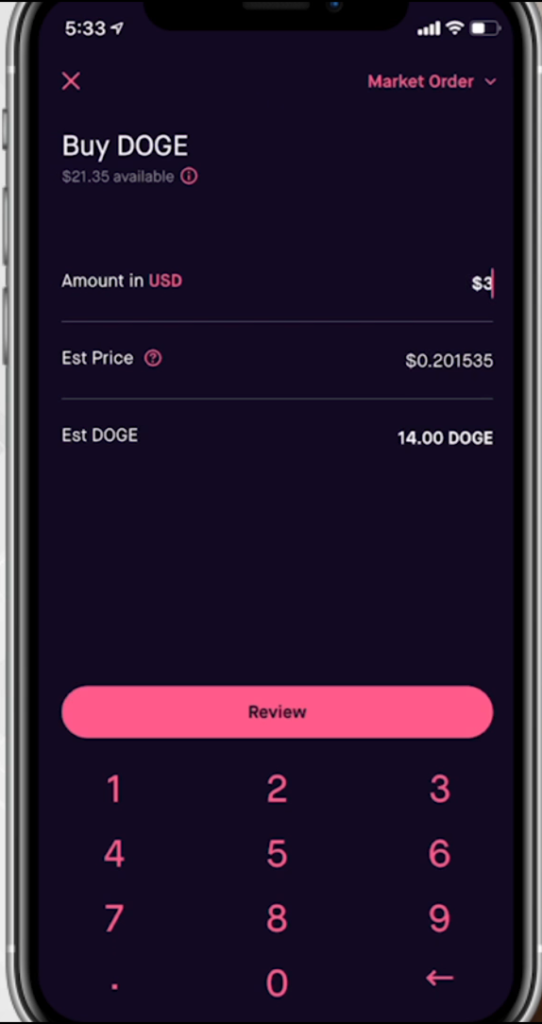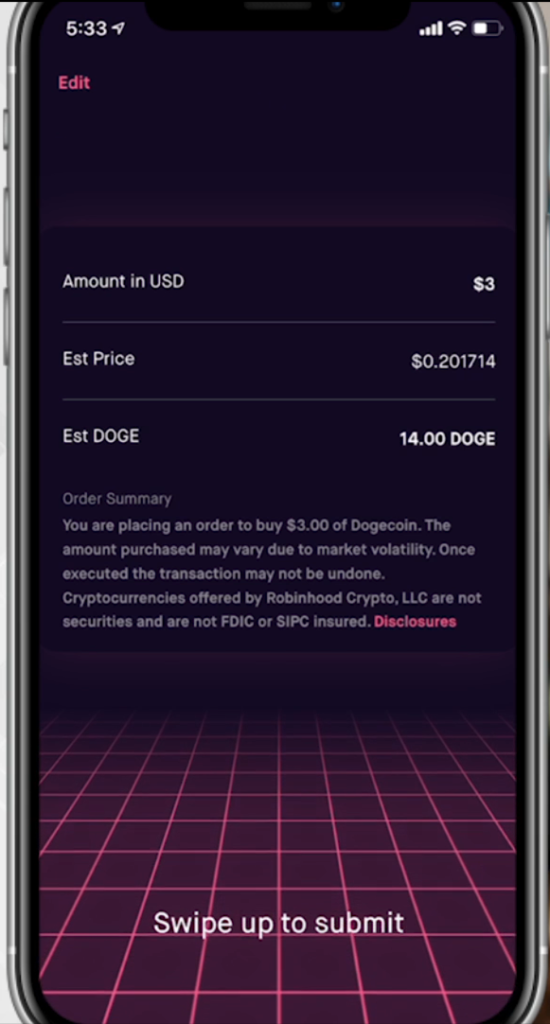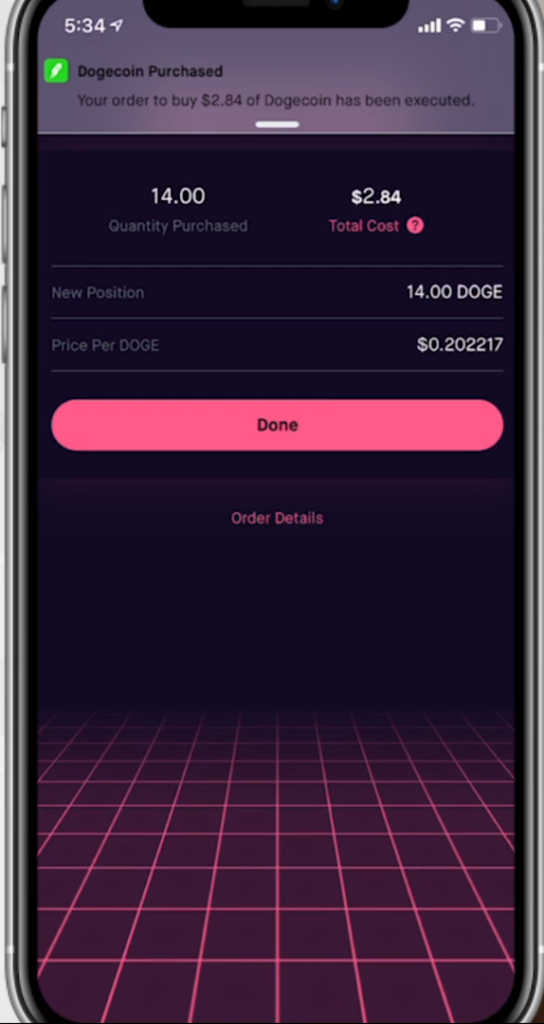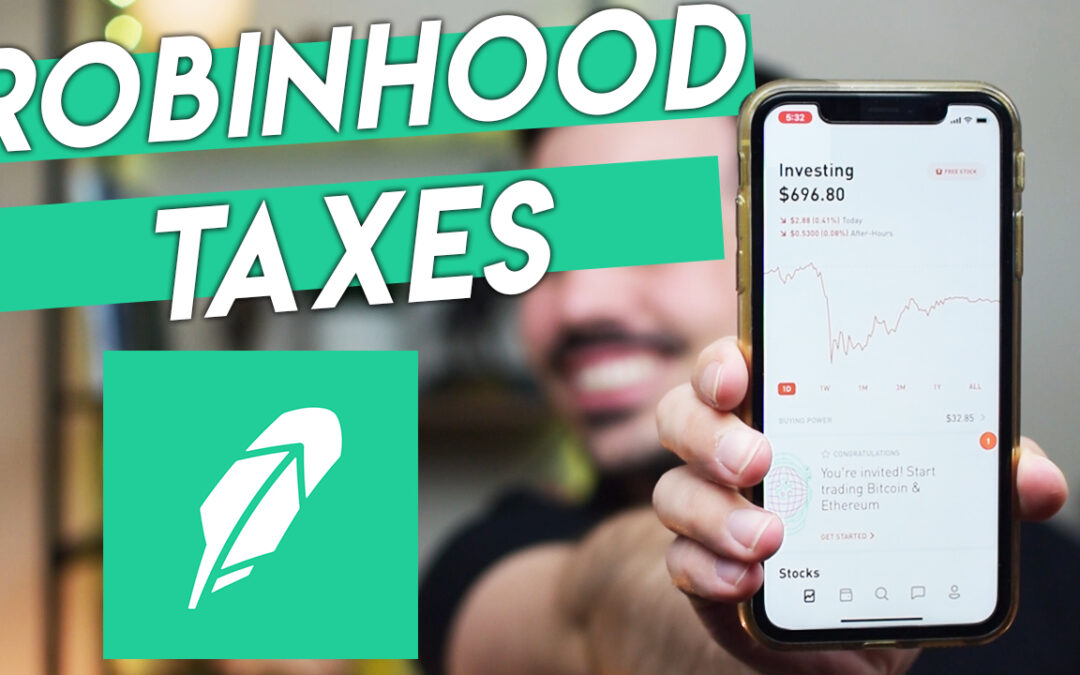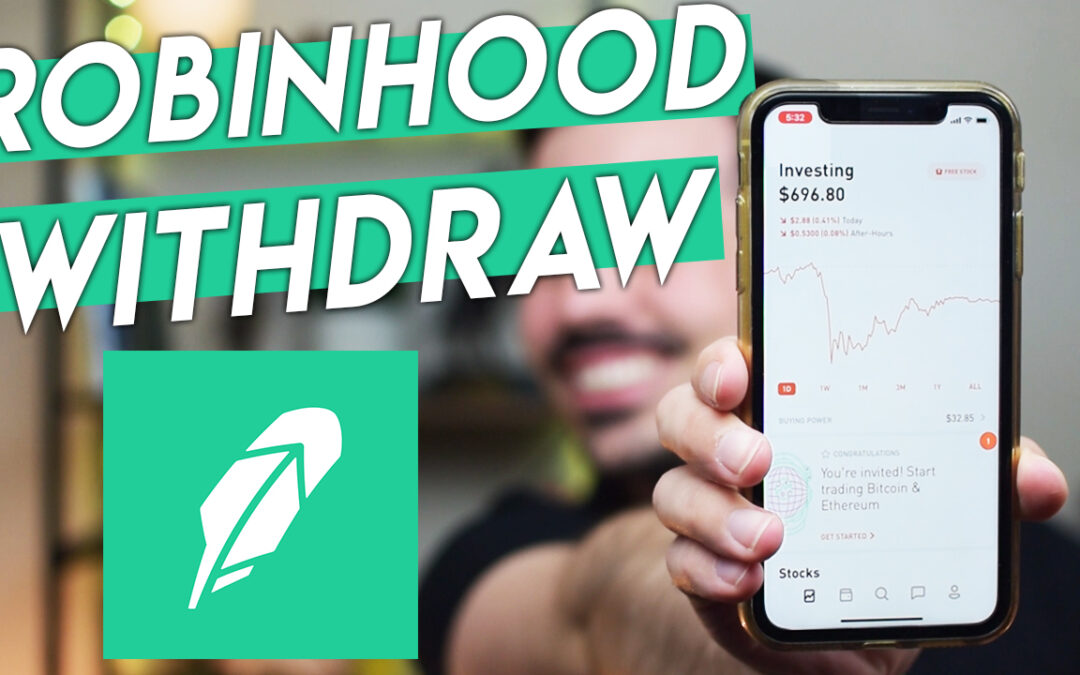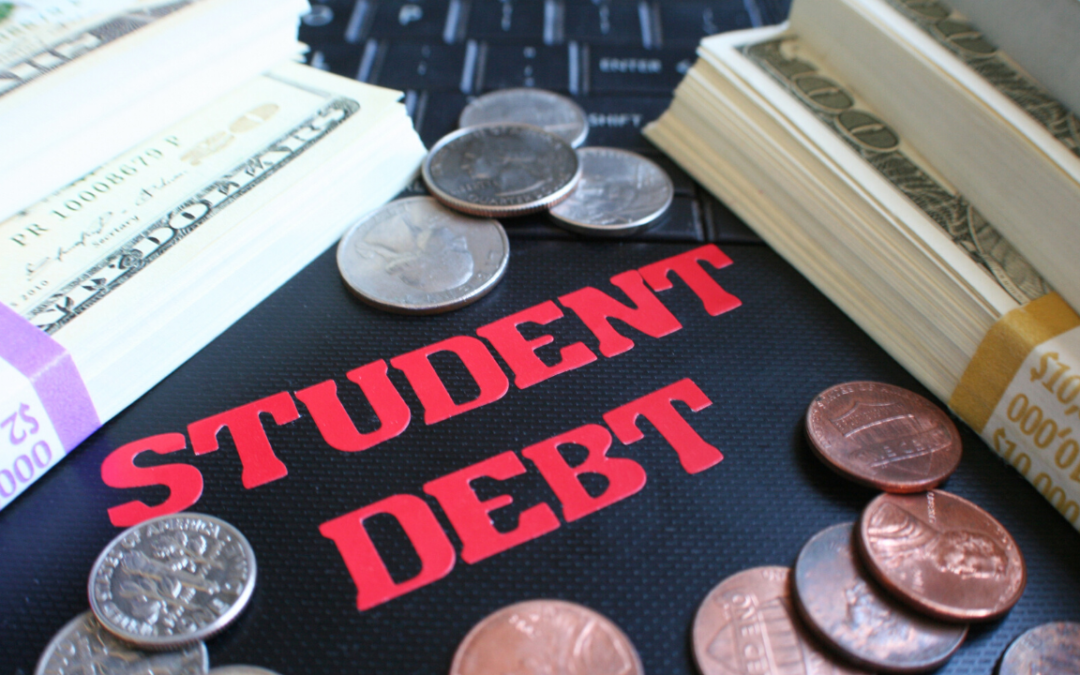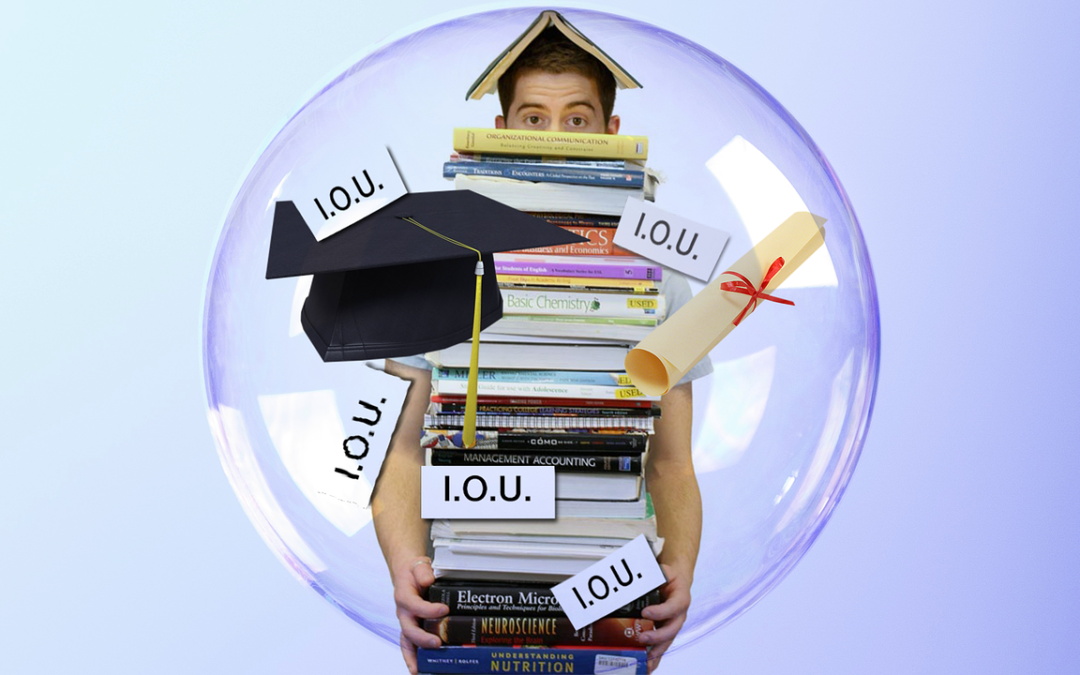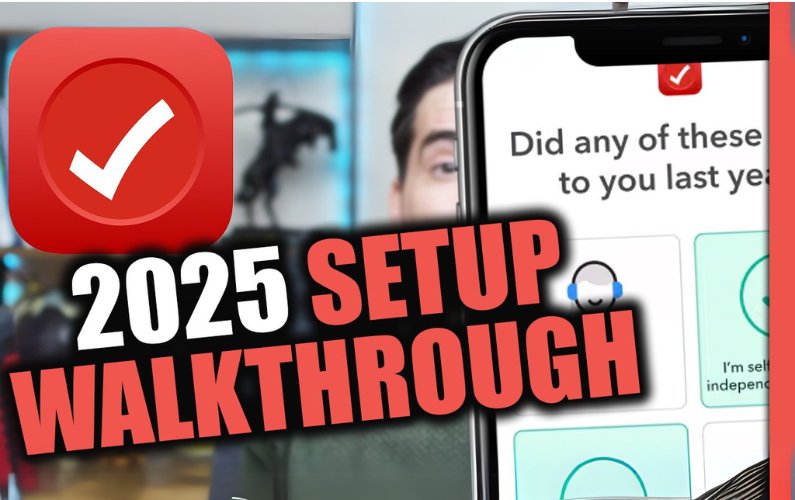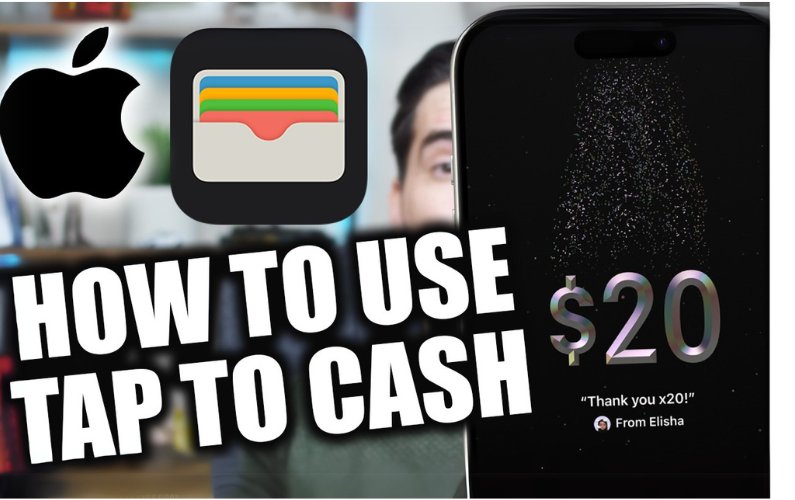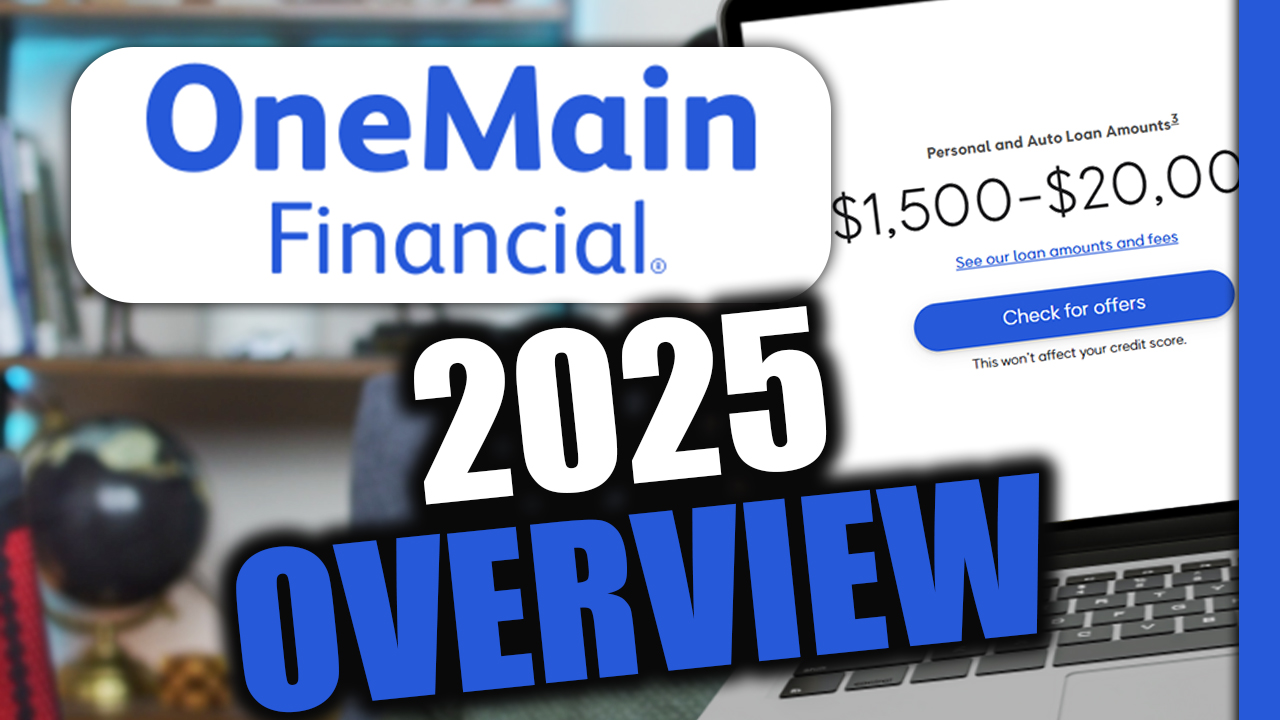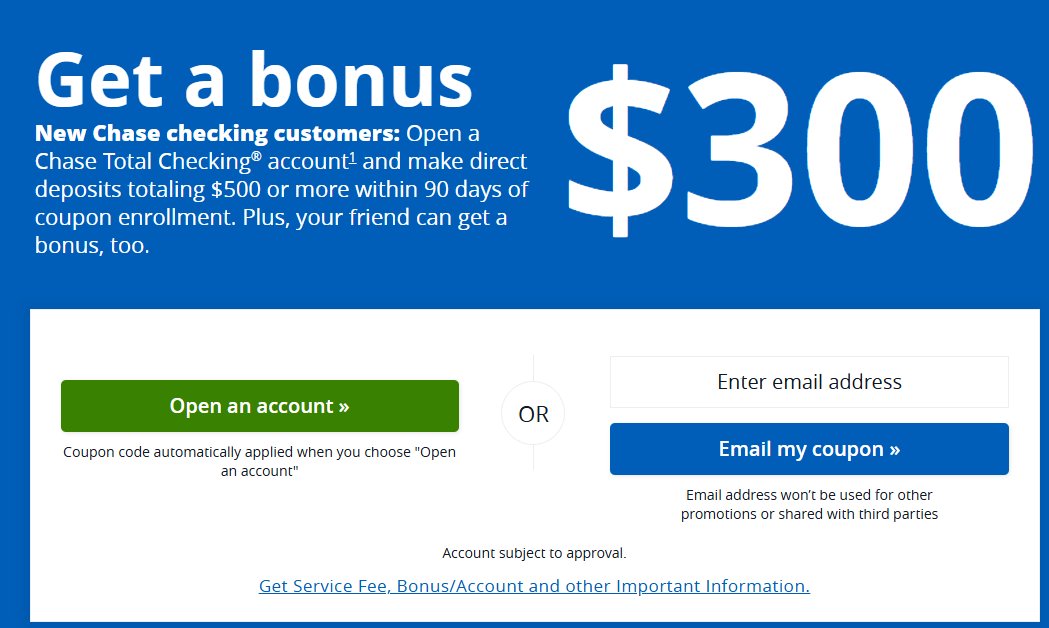Some of the links included in this post are affiliate links. Read my disclosure policy.
Thousands of students graduate from colleges every year, and they carry with them the burden of repaying student loans. Recent surveys and statistics have revealed how student loans have gone all-time high.
The data of 2019 shows that 45 million people owe almost 1.5 trillion in respect of student loans. And this figure has mounted student loans 2nd highest consumer debt category after mortgage debt.
This has left behind the credit cards and auto loans, Forbes reported. People who graduated in 2018 owe almost $30,000 on average. These stats are alarming, and this might be the reason why you are worried about paying loans early and clear your head.
Is Paying To Off Student Loan Debt Early A Good Idea?
People are divided over the thought of paying these loans early or putting them off for a while. It can be easy to pay these loans early if you are strong in financial terms. However, why would you want to do that if it can be delayed without any serious consequences?
If you are paying them early, you are likely to save some big bucks on the interest. Additionally, you will be paying one less bill every month, and thus, that money can be invested in other areas.
Paying student loans early will also lower your debt-to-income ratio, which can help you in several ways; getting the house you wanted to have or taking that long-awaited trip.
Interest-free loan:
Several loan packages do not charge until you are a student. Even after graduating from college, there is a grace period of usually six months. You will not be charged any interest in the principal amount. If you can pay off the student loan early – before the grace period ends – you will pay only the amount you borrowed. Thus, you can save money in interest if you pay them really early.
Debt-to-Income Ratio:
If you succeed in paying loans earlier, your debt-to-income ratio will automatically lower. This low ratio can offer you several benefits. For example, you will have more money to realize your financial plans i.e., buying a car or a house. The money can be invested in a business or even the stock market instead of going to the loan company.
It Is A Debt, After All:
Student loans have much less interest than many other types of loans, such as credit cards. So, if you don’t pay them off early, they will linger for years and even decades for some. At some stage, you will have to pay them off, so why not get rid of them sooner and avoid all the extra costs in interest and free up cash flow in your budget.
You Cannot Escape It:
Many people have a common belief that if they declare themselves bankrupt, they might get rid of paying off student loans. But that is not true. Student loans are federally insured and can’t be wiped out by declaring bankruptcy.
The only way to get rid of student loans without paying them off is death (yikes), student loan forgiveness (not many qualify), and possibly disability (not always approved).
Financial Worries:
Every student who graduates has one necessary load on their mind – payment of student loans. This financial stress can jam your progress. To get rid of it and ease your mind, you need to make payments of student loans earlier.
Why It May Not Be A Good Idea?
– Paying off student loans early can be a great idea, but there are reasons why you should not be in a hurry to pay them.
– If you do not have an emergency fund, you shall not pay the student loan early because it might collapse you financially.
– Sometimes, you might be in a lot of financial responsibilities. At such times, it is not wise to pay off the student loans earlier.
– If you have not planned a budget, you shall not go for paying off the student loans earlier. Setting a budget will solve many of your financial responsibilities because of the proper arrangement of expenditures.
– Interest on student loans is much lower than consumer debt. If you have high credit card debt, consider paying those off first.
Check out a video on Paying off credit card debt.
Different Repayment Plans That US Federal Loans Have
US Federal Loan repayment offers several plans. The following is a list and description of each.
Standard Repayment Plan: This plan offers payment in a period that extends from 10 to 30 years depending on the amount of debt. It is good for if you have enough savings and want to pay the loan quickly. Monthly payments will be fixed.
Graduated Repayment Plan: This plan features several benefits. If you are doing a job and expect an increase in pay, you shall go for this plan. In the beginning, payments are low, and they increase every two years. This will help as you work to increase your income over the years.
Extended Repayment Plan: This repayment plan can be adopted for 25 years. Your monthly payments can be fixed or low than the above plans, but consider that you will be paying a lot more in interest and for a much longer period of time.
Income-Driven Repayment Plans: Under this plan, you will be paying a particular percentage from your income. If you have low income and cannot pay loan quickly, you should adopt this plan. This is helpful for those in a field that starts with low pay but greatly improves over time.
Revised Pay as You Earn Repayment Plan (REPAYE): Under this plan, you will pay the loan for undergraduate studies in 20 years. While for graduate studies, loan payment time is 25 years. This is a great option for those who are looking for Public Service Loan Forgiveness.
Pay As You Earn Repayment Plan: The payment time under this plan is 20 years, and 10% of your income goes into payment of loans. Loan forgiveness can also be offered at the end of the repayment period.
How To Best Pay Off Student Loans Off Early?
Here are a few tips about how you can pay off a student loan early.
– You should reduce unnecessary expenses and add to your savings.
– Save leftover money from your budget and add in the extra payment of loans.
– Sometimes, employers also pay for student repayment plans. Contact your human resources department and ask if you are eligible for this offer.
– If you manage to save money every month – which you didn’t expect to – you should add extra payments into your loan.
Can Refinancing Help Pay Off Student Loans Faster?
Refinancing a student loan can help lower your interest which can then be used to pay down the principal even faster. The federal government does not entertain the refinancing of student loans.
You will have to go for private creditors. You will have to meet several demands of each creditor. If you can get a loan at a lower interest rate, you should consider refinancing. Keep in mind that some benefits don’t transfer from the federal student loans over to the private loans.
Here is a list of the Top 5 Student Loan Refinance Companies
Summary
If you have a strong financial background or a prospering career, you should pay off the student loans early. However, if you’re having financial stress in many areas, consider paying off smaller debts first to ease the burden (Check out a debt snowball vs debt avalanche video to learn which method can work best). Remember that the federal government offers several plans to help ease the stress of paying off student loans.
Your friendly neighborhood money nerd, Denis

